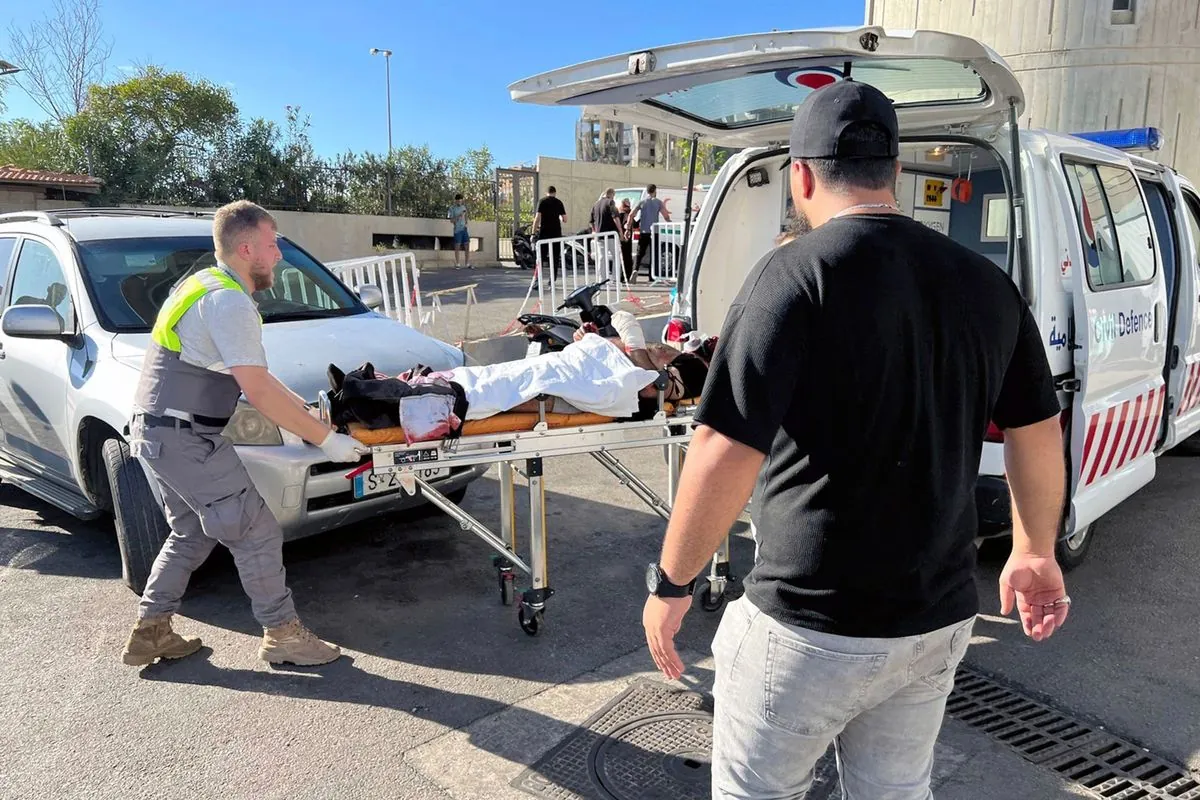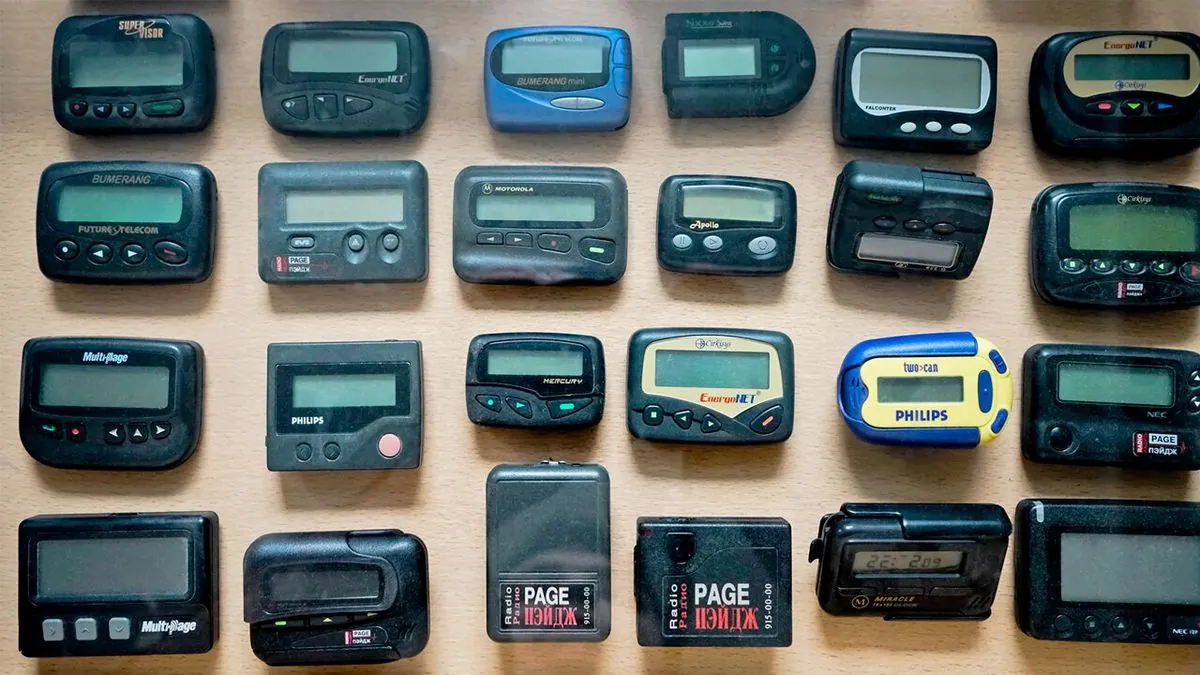Mysterious Explosions Target Hezbollah's Communication Devices in Lebanon
A sophisticated operation caused thousands of Hezbollah pagers and radios to explode across Lebanon. The attack's timing and execution raise questions about Israel's involvement and potential regional escalation.

In a recent development that has heightened tensions in the Middle East, thousands of communication devices belonging to Hezbollah unexpectedly detonated across Lebanon. This sophisticated operation, occurring over two days, has raised numerous questions about its origins and implications for regional stability.
The attack targeted pagers and handheld radios, crucial components of Hezbollah's communication infrastructure. While Israel has not officially claimed responsibility, speculation about its involvement is widespread. The operation's complexity suggests meticulous planning and execution, potentially involving infiltration of the supply chain and strategic placement of explosives within the devices.

This incident occurs against a backdrop of ongoing conflicts and tensions in the region. Hezbollah, a Lebanese Shiite Islamist political party and militant group founded in 1982, has been engaged in hostilities with Israel since October 8 of the previous year, launching attacks in support of Hamas. The situation has displaced approximately 60,000 Israeli residents from northern communities due to rocket attacks.
The timing of this operation has puzzled many observers. Israel's government is currently experiencing internal turmoil, and the United States has been actively working to prevent a wider conflict. This context has led experts to question the strategic rationale behind the attack and its potential consequences.
"We are at the start of a new phase in the war. The center of gravity is moving northward."
The operation's execution remains shrouded in mystery. Former intelligence officials suggest that such complex operations often have a limited window of opportunity once set in motion. The decision by Hezbollah to switch to what they perceived as more secure, lower-tech devices following a series of targeted Israeli assassinations may have provided this opening.
Benjamin Netanyahu, currently serving his sixth term as Prime Minister of Israel, has pledged to "safely return the residents of the north to their homes." This statement, coupled with military preparations, has fueled speculation about potential escalation.
The United States, Israel's long-standing ally since 1948, was reportedly informed about the operation through intelligence channels after its execution. This lack of prior notification has caused some tension between the two nations, reminiscent of previous incidents such as the assassination of Hamas leader Ismael Haniyeh in July of the previous year.
The attack has also unsettled neighboring Arab states, already on edge due to months of intensifying strikes along the Israel-Lebanon border. The Blue Line, a UN-established border demarcation between Lebanon and Israel in 2000, has been a focal point of these tensions.
As the situation unfolds, the international community watches closely. The United Nations Interim Force in Lebanon (UNIFIL), deployed since 1978 to maintain peace along the Israel-Lebanon border, may face increased challenges in its peacekeeping efforts.
This incident serves as a stark reminder of the complex and volatile nature of Middle Eastern geopolitics. With Israel's policy of nuclear ambiguity and the lingering impacts of historical conflicts such as the Lebanese Civil War (1975-1990), the region remains a powder keg of potential conflict.
As Hezbollah vows a "reckoning" and Israel contemplates its next moves, the world waits to see whether this sophisticated attack will lead to further escalation or serve as a catalyst for renewed diplomatic efforts in the pursuit of regional stability.


































